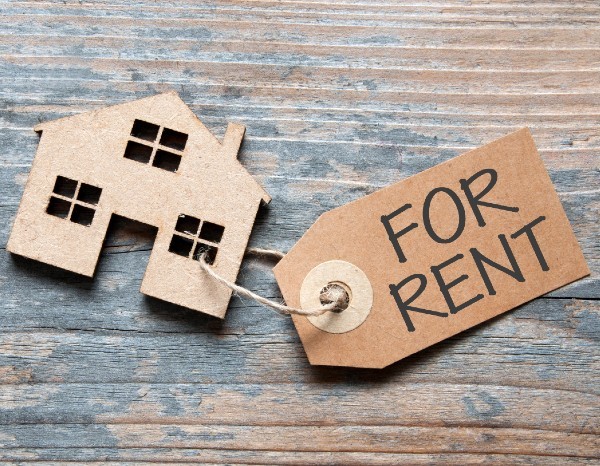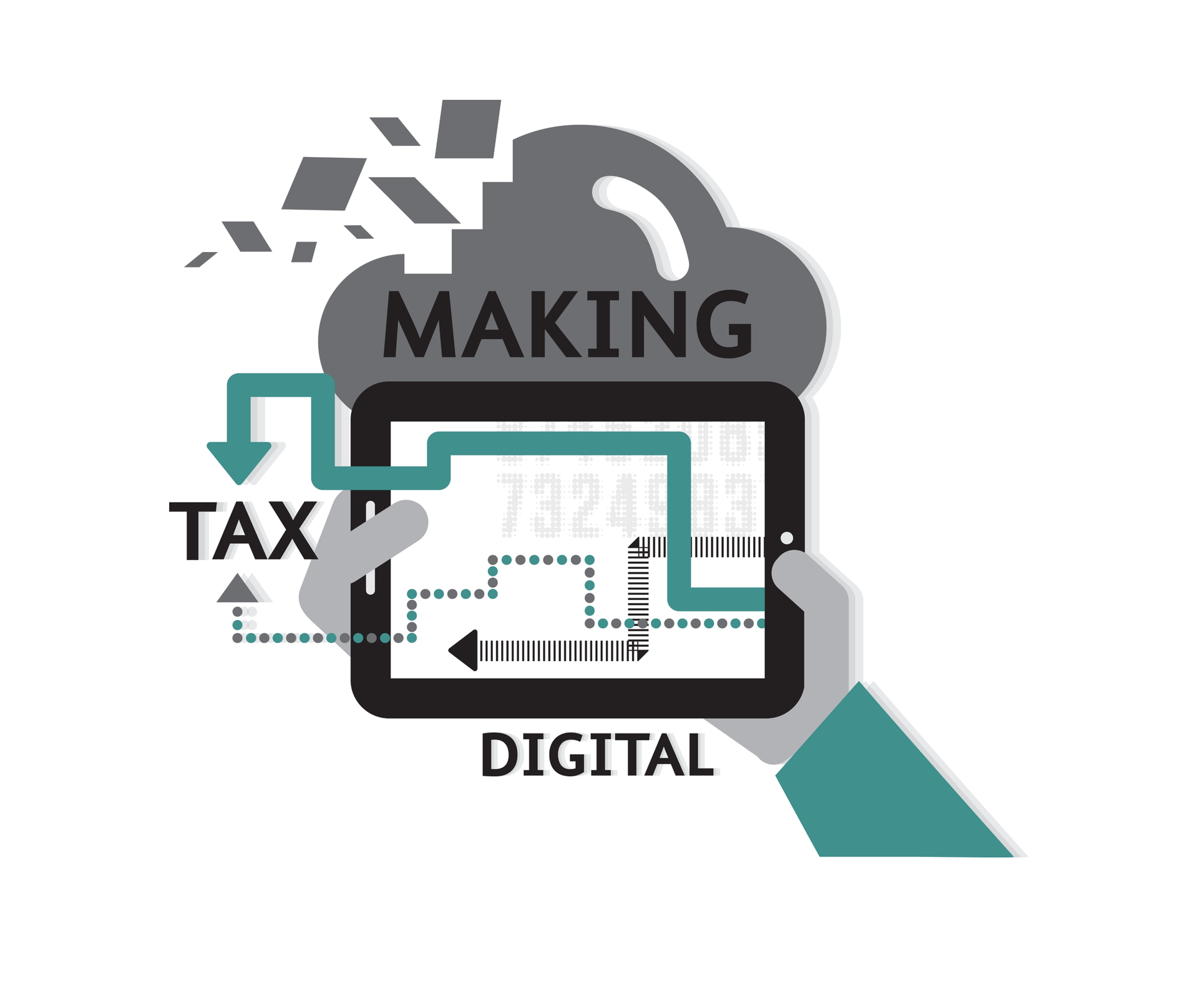
Although dividends are generally the most tax-efficient method to extract money from a company, renting a property you own to your company can be more or as tax efficient depending on your marginal tax rate. Whether charging rent is tax-efficient needs to be looked at overall by not only considering the director's immediate income tax position and the company's tax situation, but also the future capital gains tax (CGT) position when the property or the company itself is eventually sold.
Benefit to the company
The company is allowed full corporation tax relief on payments made and there is no employer NIC cost (as not salary or a bonus).
Benefits for the director
The main benefit for the director is that, unlike dividends, there is no legal requirement for the company to have sufficient distributable profits for the payment to be made. In addition there is no NIC cost as the payment is not salary or a bonus. Further, should there be a mortgage on the property the only way to obtain tax relief for interest paid is against rental income.
Owning business premises outside of the company could prove beneficial should the property be sold. If the company owns the property, on sale there will invariably be a large amount deposited in the business bank account. If the director wishes to withdraw the cash then they will be charged income tax payable on the amount withdrawn at their marginal dividend tax rate, which could be as high as 39.35% for additional rate taxpayers.
In comparison, a property held personally and sold will attract CGT with an annual exemption, taxed at either 10% or 20% (assuming the property is commercial) depending on the taxpayer's marginal tax rate.
The downside
The director will be liable for any profit made on rent received less rental expenses, taxed at their marginal tax rate. If a loss is made then the director will need other funds to cover costs. If such funds need to be withdrawn from the company in the form of salary or dividend this may negate the benefit of charging the company rent.
A downside of charging a company rent may come when all or part of the company is sold (e.g. on the individual's retirement, or the cessation of business). If an asset owned by a shareholder in use by their 'personal company' is sold at a gain at the time the business has ceased or part or all has been sold, it may be possible to claim Business Asset Disposal Relief (BADR) if the asset is associated with a qualifying disposal of shares in the company. BADR is available on disposals of business assets, reducing the rate of CGT on qualifying gains to 10%, subject to a £1 million lifetime limit.
However, by charging full market rent all BADR is lost as the property will count as an investment asset. If the company pays rent lower than the market rent or has paid rent since 6 April 2008 (when the rules changed) the proportion of gain on which BADR may be claimed is restricted in proportion to the amount of rent paid. The payment of market rent throughout ownership will not necessarily result in relief being entirely lost as the use of the property throughout ownership is also considered (e.g. the property may have been purchased but not used by the company until a later date).
Practical point
If rent is charged at more than market value the excess amount will not be an allowable expense for the company and be treated as a 'distribution' to the director taxed at the same tax rate as a dividend.
Further help
If you have questions relating to this topic, please drop us a line at enquiries@torgersens.com.
The information provided in this blog is for general informational purposes only and should not be considered professional advice. As far as we are aware, the content is accurate at time of publication. Torgersens assumes no responsibility for errors or omissions in the content or for any actions taken based on the information provided.

.jpg)


.jpg)



